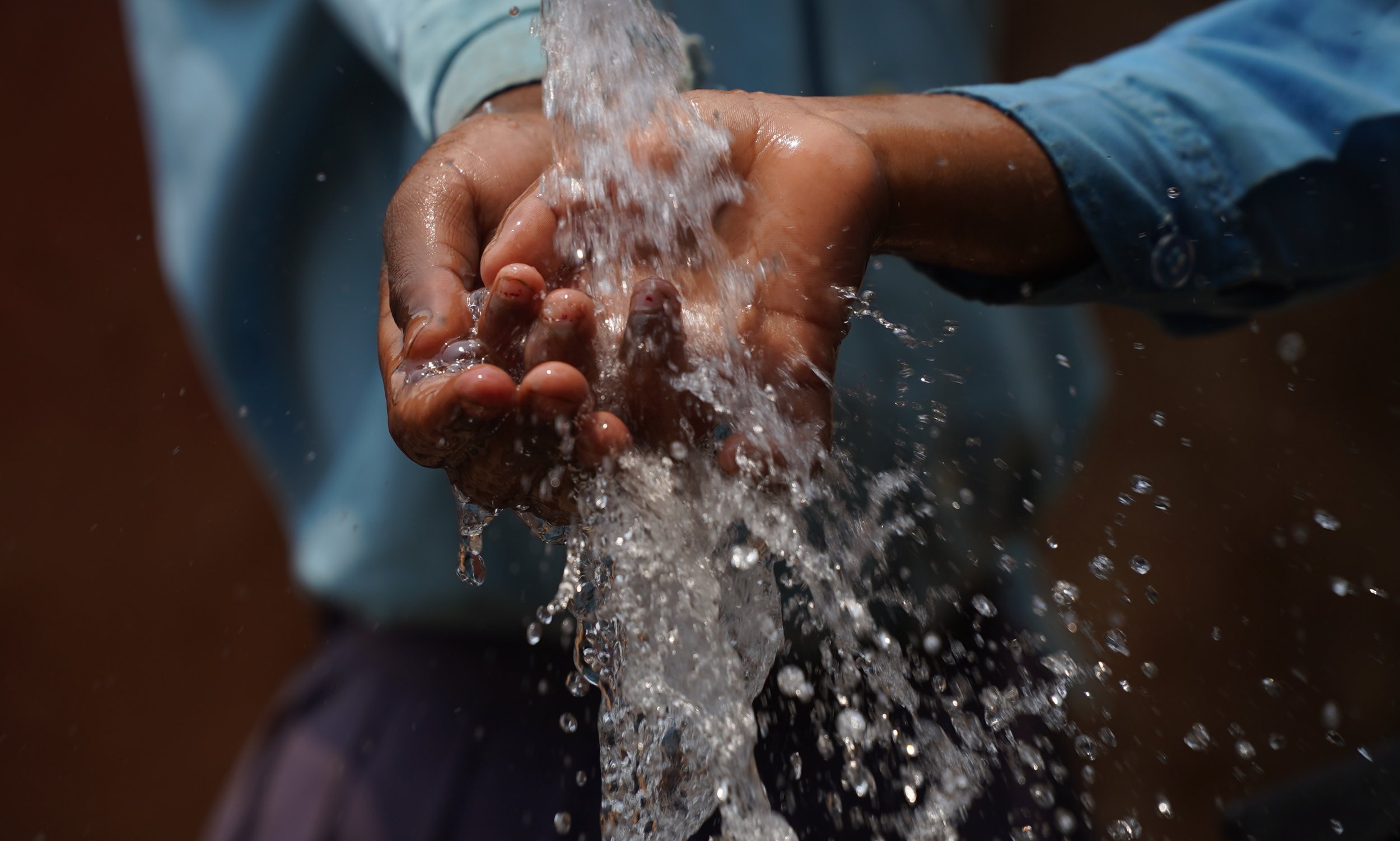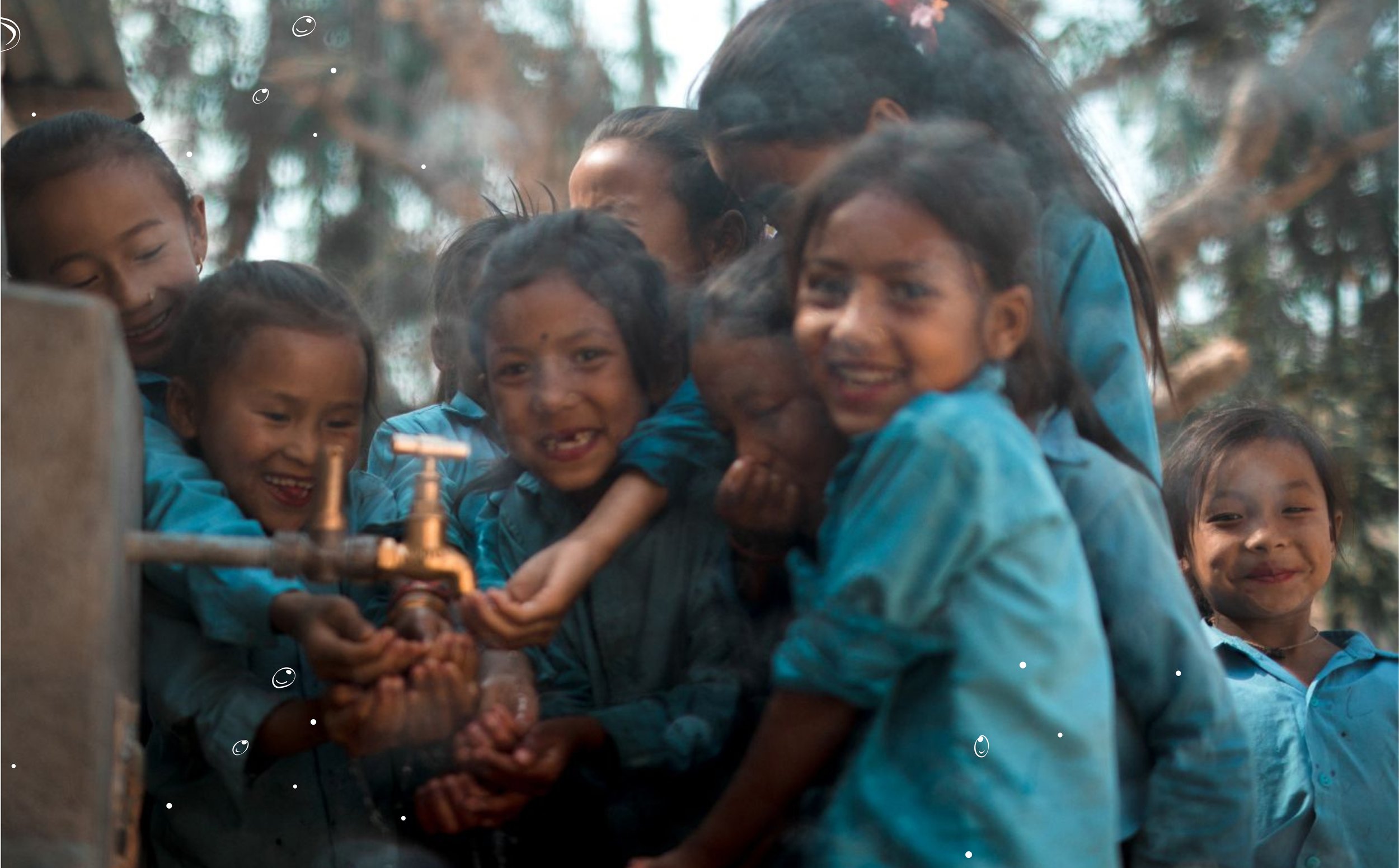Who We Are
NEWAH is one of the country’s leading NGOs in the water, sanitation and hygiene promotion (WASH) sector. Established in 1992, NEWAH is dedicated to helping poor, underserved communities obtain access to WASH facilities irrespective of gender, caste, class, and belief.
In the past 30 years, we have served around 2.18 million people through more than 2,600 projects ranging from safe and affordable drinking water supply to community-led total sanitation (CLTS), health and nutrition, menstrual hygiene management, 3R (recharge, retention, and re-use of ground- and rainwater), climate change adaptation, and disaster risk response and rehabilitation.

Our Vision Statement
NEWAH envisions a prosperous and healthy Nepal where every citizen is entitled an improved quality of life and is also able to access their right to improved and safe drinking water, sanitation, hygiene and health.
Our Mission
To improve the living standard of the people in the greatest need through equitable and sustainable access to safe drinking water and encourage behavioral changes in sanitation and hygiene in Nepal.

Our Goal
To ensure all communities have access to improved and safe water, to provide hygiene and health education and to promote total sanitation through collaborative projects.
In order to achieve our goals, we pursue the following strategic objectives:
-
To provide the technical and financial support to assist the development and improvement of WASH services in unserved areas of the country.
-
To enhance the capacity of individuals and institutions involved in the WASH sector to manage the WASH systems sustainably.
-
To engage in research and development to enrich the sectorial knowledge base and promote innovations in WASH.
-
To collaborate and coordinate with governmental, non-governmental and private sector stakeholders to leverage equitable and sustainable access to improved WASH services and to advocate for policy reforms aimed at sustainable and inclusive pro-poor WASH governance.

